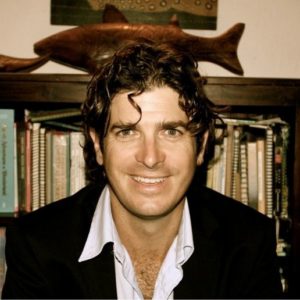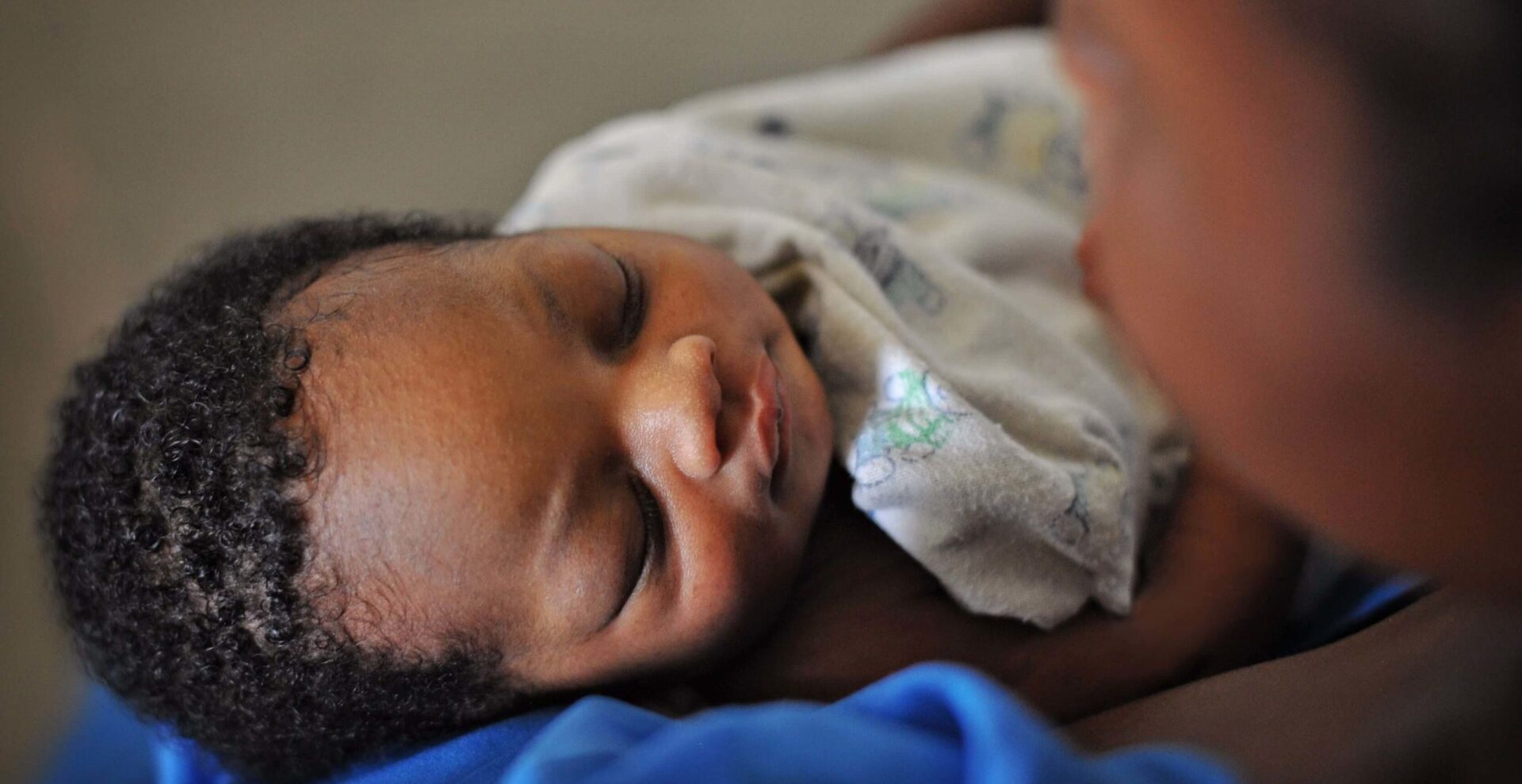
Philippe Rouja is a Director of Adara Development (Bermuda).
Philippe Max Rouja PhD is a Bermudian/French medical and cultural anthropologist with 25 years’ experience specializing in interdisciplinary marine science.
Philippe received his PhD in 1999 for his work with the Bardi people of North Western Australia, cataloguing renunciative resource allocation systems and seasonal traditional fishing practices. Post-Doctoral work with the renowned public health researcher Dr. Eric Dewailly demonstrated the sustainable genius of Bardi Peoples fisheries management strategies that simultaneously sustain the fishery and increase the nutritional benefits to the community through seasonal harvesting of Omega three fatty acids.
Philippe is currently the Principal Scientist in Marine Heritage and Ocean Human Health and Custodian of Historic Wrecks in the Department of Environment and Natural Resources of the Bermuda Government and Co Director of the Ocean Human Health Research Programme, established in 2003 with his colleague Dr. Eric Dewailly.
Philippe has worked extensively with coastal communities in Northern Australia, the Caribbean and French Polynesia, and has led and participated in several pioneering research programmes. In addition to Adara, he sits on several boards in the spheres of human health, ecotoxicology, remote community service delivery and ocean management, including:
- The Atlantis Mobile Laboratory coastal ecotoxicology programme that ran Bermuda’s first foetal cord blood study, the RSE Robots in Service of the Environment Programme founded in Bermuda.
- The international ExpoCoast coastal ecotoxicology research programme. Philippe was a founding member of the Sargasso Sea Alliance and was named “Sea Keeper of Bermuda” by the International Sea Keepers Association in 2016. Philippe is heavily engaged in science communication and appears regularly in international media on oceans and marine topics, both serious and entertaining.
Philippe co-produced the documentary film “UTSUK” on dietary transition in the Arctic, and co-pioneered an award-winning app, Benefishiary, for communicating the risks and benefits of fish consumption in Bermuda based on a decade of research in risk benefit analysis of the local fishery.
In the world of shipwrecks, Philippe has worked for 16 years to catalogue the vast local knowledge of Bermuda’s shipwrecks, made several local shipwreck documentaries and co-led the excavation of the US Civil War blockade runner Mary Celestia that discovered sealed bottles of wine and perfume.
Philippe is currently working with Professor Falko Kuester’s labs at UCSD’s Cultural Heritage Engineering and Innovation Initiative pioneering new digital data capture and analysis techniques of Bermuda shipwreck and reef systems, creating an award-winning shipwreck website and cataloguing the impacts of climate change, and specifically sea level rise through monitoring of biological systems.
He has written a book “Fishing for Culture” based on his work with Bardi Mentor and Elder Douglas Wiggan, on the genius of Bardi fisheries management strategies. He also recently launched a film media company to catalogue and promote the knowledge of indigenous specialists and their value to confronting global challenges in fisheries and human ecological misalignment.
Philippe lives in Bermuda with his wife, daughter, three dogs, two cats and a varying number of chickens.
